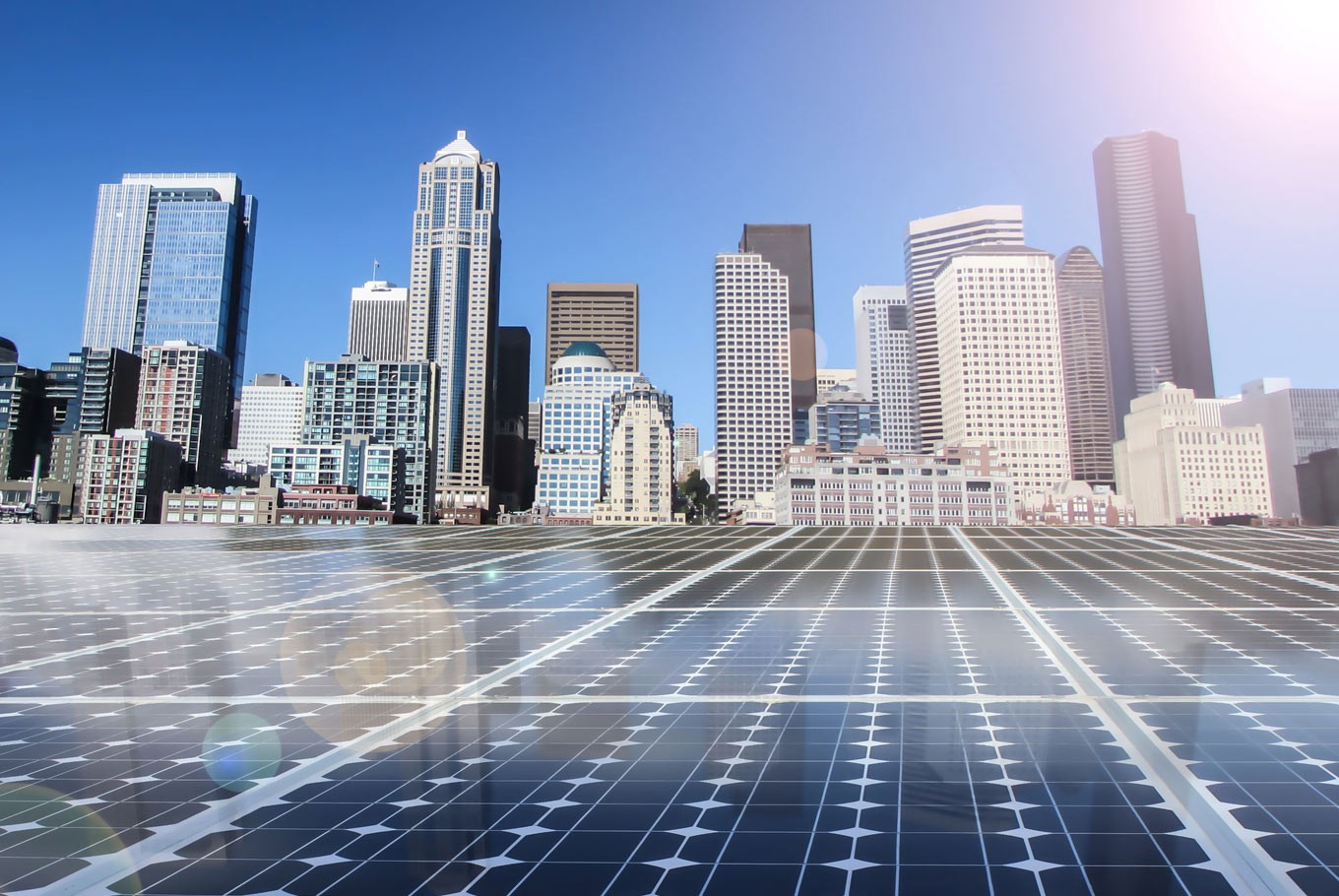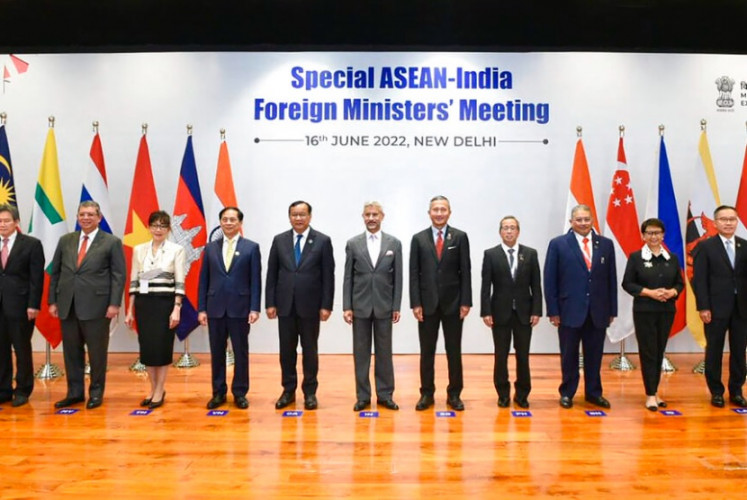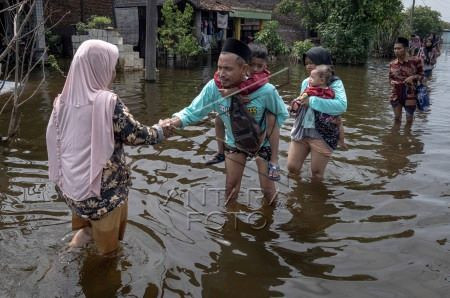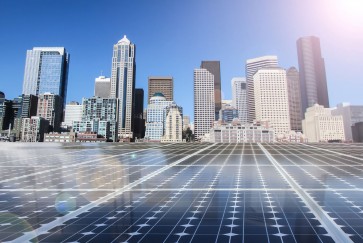Development of renewable energy need better rules
Obtaining a business area determination from the ministry may become the main challenge for the PPU scheme.
Change Size
 Renewable energy progress in Indonesia to-date has been underwhelming and the policy and regulations remain uncertain. (Shutterstock/File)
Renewable energy progress in Indonesia to-date has been underwhelming and the policy and regulations remain uncertain. (Shutterstock/File)
T
he government has set an ambitious target to increase its renewable portion in the country’s energy mix to 23 percent by 2025 from about 12 percent at present.
Throughout this year alone, the state power monopoly PLN has signed over 55 power purchase agreements (PPAs) for renewable energy. Energy and Mineral Resources Minister also recently announced that the government would not approve any new coalfired power plants on the heavily populated island of Java.
On another side, corporate demand for renewable energy is also growing, as more than 110 multinational companies to date have made “100 percent renewable” commitments, widely known as the RE100 campaign.
The ambitious target and renewable energy demand put pressure on the Indonesian government to revise power sector regulations. Under these circumstances, the ministry issued four power sector regulations in 2017 that were quickly amended or replaced due to investors’ negative reception. Renewable energy regulation is among those four regulations.
The ministry’s Regulation No. 50/2017 on use of renewable energy for power generation (Reg 50/2017), which replaced the previous regulation No. 12/2017 and its amendment, officially stopped feed-in-tariff for renewable energy, replacing it with a maximum threshold of purchase price determined based on Generation BPP.
Generation BPP is average basic cost incurred by PLN for electricity generation in certain locations in Indonesia, excluding electricity transmission and distribution costs. Local and national Generation BPPs are annually determined by the above ministry. For April 2017 to March 2018, the applicable national Generation BPP 7.39 US cents per killowatt hour (kWh) and local Generation BPP for the Java-Bali grid is 6.52 cents/kWh.
Under Reg 50/2017, if local Generation BPP is higher than national Generation BPP, the maximum threshold of renewable energy purchase price by PLN is only 85 percent of local Generation BPP. The maximum threshold of 100 percent of local Generation BPP applies only to hydro and geothermal energy. If local Generation BPP is equal to or less than national Generation BPP, the purchase price will be determined based on negotiations. Although not expressly regulated, the maximum threshold in this case will likely refer to national Generation BPP.
















